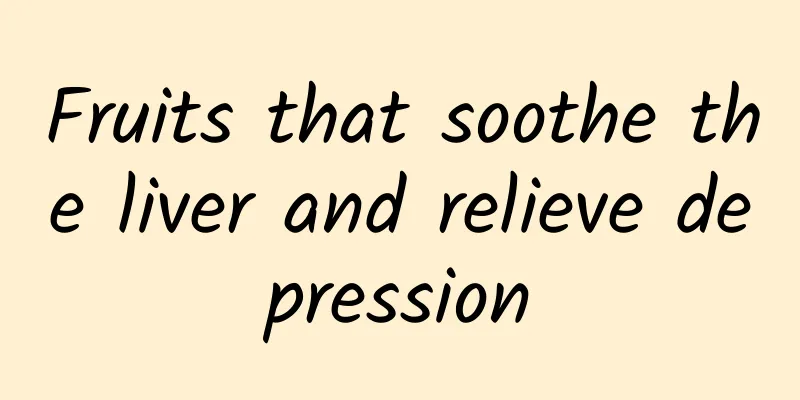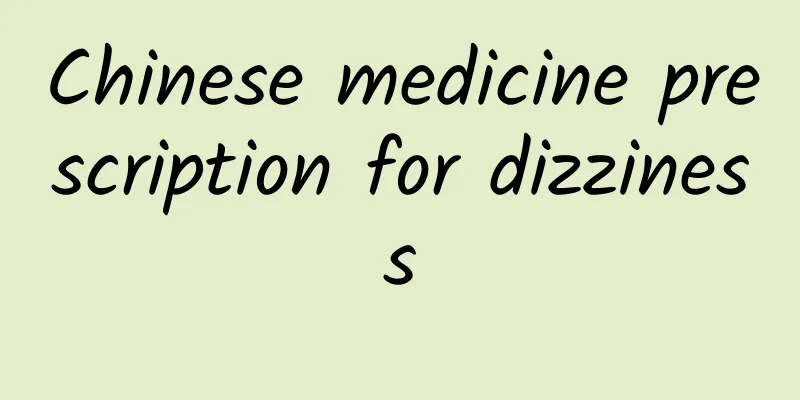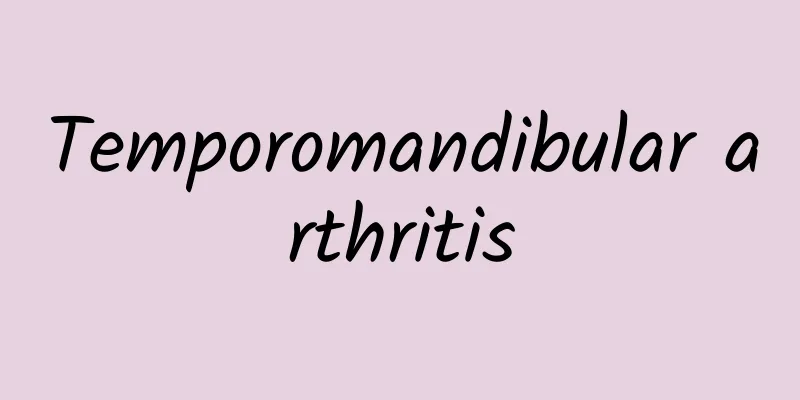Can children eat ephedra?

|
Ephedra is a very common traditional Chinese medicine in our country, also known as grass ephedra. There are many other nicknames for ephedra. The main function of ephedra is to treat dizziness, headache, and some complications caused by cold infection. However, you need to be careful when using it. Although ephedra is effective, it is not suitable for people of all ages. For example, many children and the elderly need to be careful when using ephedra. The role and efficacy of ephedra 1. Sweating and relieving symptoms Ephedra is light and ascending, and is warm, pungent and dispersing in nature. It is good at promoting lung qi, opening the pores, penetrating the hair follicles, and dispersing wind and cold. It is often used for people with exogenous wind-cold and exterior solidity without sweating. 2. Clear the lungs and relieve asthma Ephedra is pungent and warm, so it enters the lung meridian, promotes the flow of lung qi, and warms and dispels lung cold. It is often used for wind-cold cough, asthma and other symptoms. 3. Diuresis and swelling Ephedra is pungent and warm; it enters the lung and bladder meridians. The lungs are the upper source of water, they promote and descend lung qi, regulate the water channels, and transport water to the bladder, thus having a diuretic and swelling-reducing effect. 4. Dispel cold and relieve numbness Ephedra is pungent, dispersing, warming and unblocking. The Materia Medica says: "It can treat stubborn wind-induced numbness and numbness of the skin and flesh." The Rihuazi Materia Medica also says: "Ephedra can regulate blood circulation and open the pores of the skin." The Shennong Materia Medica Record states: "Ephedra is light and yang, has no smell or taste, and is the lightest of all smells. Therefore, it can penetrate the pores of the skin and penetrate deep into phlegm and stagnant blood. It can reach places that medicine cannot reach, and its power is greater than that of medicines with strong smell and force." Therefore, since the Song, Jin, Yuan, Ming and Qing dynasties, this product has been used as an adjuvant drug and is widely used to treat wind-cold-dampness arthralgia, skin diseases, carbuncle swelling and pain, injury and swelling, and other symptoms. It can be taken orally or used externally. Ephedra has a long history as a traditional Chinese medicine and is recorded in many ancient Chinese medical books. Contraindications of Ephedra 1. Ephedra has a strong diaphoretic effect, so it should not be used by people with spontaneous sweating or night sweats. 2. Ephedra can excite the central nervous system and should be used with caution by patients with insomnia. 3. Ephedra can increase blood pressure, so it should be used with caution in patients with hypertension. 4. It is forbidden for patients with asthma due to lung and kidney deficiency. |
>>: Diarrhea at 35 weeks of pregnancy
Recommend
What is air conditioning disease?
Nowadays, white-collar workers in big cities basi...
Why are women's legs so white?
Some women have whiter legs, which is related to ...
What causes muscle strain?
In people's daily life and work, there will b...
Early symptoms of ovarian cysts, what should not be eaten if you have ovarian cysts?
Ovarian cysts affect fertility, and clinically th...
The correct way to compress the ligament
Dancers and athletes often face the training meth...
The benefits of olive wine
Olives soaked in wine have certain health-care ef...
Is nephritis contagious?
There are many common diseases in life, and there...
What should I do if I have a fever due to breastfeeding?
Breastfeeding mothers will have some problems with...
Does everyone have armpit odor?
Not everyone has an armpit odor. Normal people wi...
What are the symptoms of hemorrhoids?
Hemorrhoids are a common anorectal disease in cli...
Thrush recurs
There are many types of diseases. When it comes t...
What medicine is most effective for tinea versicolor?
Pityriasis versicolor is a chronic disease caused...
What is the principle of taking the pulse?
In ancient times, most medical diagnosis was made...
What to do if you have a fever? Pay attention to your daily life and diet
Because babies have weak constitutions and poor r...
What causes facial paralysis? Different types have different causes
Cerebrovascular diseasext-indent: 2em; text-align:...









